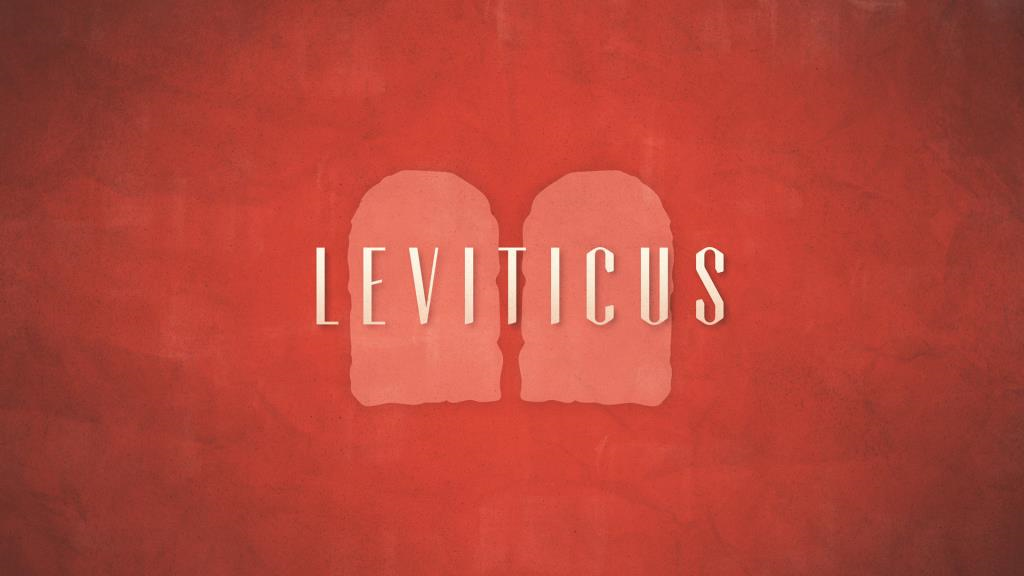
01 Mar Leviticus
Leviticus In Brief
Leviticus: The Book of Atonement
“‘I am the Lord your God; consecrate yourselves and be holy, because I am holy.'” (Leviticus 11:44)
Major Theme:
Leviticus is a continuation of Exodus, detailing the sacrificial rituals and practices for worship prescribed by God. The overarching theme of the book is holiness and the perfection of God, emphasizing the importance of living a holy life in accordance with God’s commandments.
Background and Purpose:
Leviticus addresses the fundamental question of how sinful humans can approach a holy God. The words “holy” and “holiness” appear over 150 times throughout the book, illustrating the importance of holiness in the lives of the Israelites. Leviticus is filled with laws that define the proper ways to worship God and maintain a relationship with Him. The purpose of the book is to instruct God’s people on living holy lives in obedience to His commands.
Author:
The author of Leviticus is not explicitly named, but the recurring phrase “The Lord spoke to Moses” suggests that Moses is the author, as he received the commandments directly from God.
Date:
Leviticus was written around 1400 BC. Much of the material recorded in the book was given to Moses by God at Mount Sinai.
Brief Outline:
- Regulations for Sacrifices and Offerings (Leviticus 1:1-7:38): This section details the various types of sacrifices and offerings required for different situations, including sin offerings, guilt offerings, and thanksgiving offerings.
- The Priesthood and the Tabernacle (Leviticus 8:1-10:20): This portion of the book outlines the role and responsibilities of the priests and the regulations surrounding the Tabernacle.
- Cleanness and Uncleanness (Leviticus 11:1-15:33): This section provides instructions on maintaining ritual purity, addressing topics such as clean and unclean animals, childbirth, and skin diseases.
- The Day of Atonement (Leviticus 16:1-34): This chapter describes the annual Day of Atonement, during which the high priest offers sacrifices for the sins of the entire nation of Israel.
- Regulations about Living (Leviticus 17:1-22:33): This section contains various laws governing daily life, including dietary restrictions, sexual conduct, and treatment of fellow Israelites.
- Instructions for National Life (Leviticus 23:1-27:34): This final section outlines the annual religious feasts and festivals and provides guidance on vows, tithes, and land management.
Important Events:
Regulations about sacrifices and offerings
The five annual feasts:
- The Feast of the Passover
- The Feast of Pentecost
- The Feast of Trumpets
- The Day of Atonement
- The Feast of Tabernacles
Christ in Leviticus:
- Jesus is our great high priest, the ultimate mediator between God and humanity (Hebrews 4:14-16), fulfilling the role of the high priest in the Old Testament.
- The scapegoat (Leviticus 16:20-22) bears the sins of the Israelites, just as Jesus bears the sins of humanity. The scapegoat is a type of Christ, who takes upon Himself the sins of the world and provides redemption for all who believe in Him (John 1:29).
These connections between Leviticus and the life of Jesus Christ demonstrate how the laws and rituals outlined in the book foreshadow the ultimate sacrifice of Jesus on the cross, which provides atonement for the sins of humanity. The sacrificial system in Leviticus points to the need for a perfect sacrifice to reconcile humanity with God, which is ultimately fulfilled in the person and work of Jesus Christ.
The Book of Leviticus, while detailing the specific rituals and laws of the Israelites, also serves as an essential part of the overarching narrative of God’s redemptive plan. The holiness code and the instructions for maintaining purity and obedience emphasize the importance of a right relationship with God, not only for the ancient Israelites but also for all believers in Jesus Christ.
By understanding the role of Leviticus within the broader context of the Bible, readers can see how the book provides a foundation for the teachings of Jesus and the New Testament. The principles of holiness, atonement, and the pursuit of a right relationship with God remain central to the Christian faith, with Jesus Christ serving as the ultimate fulfillment of the laws and sacrifices detailed in Leviticus.


No Comments